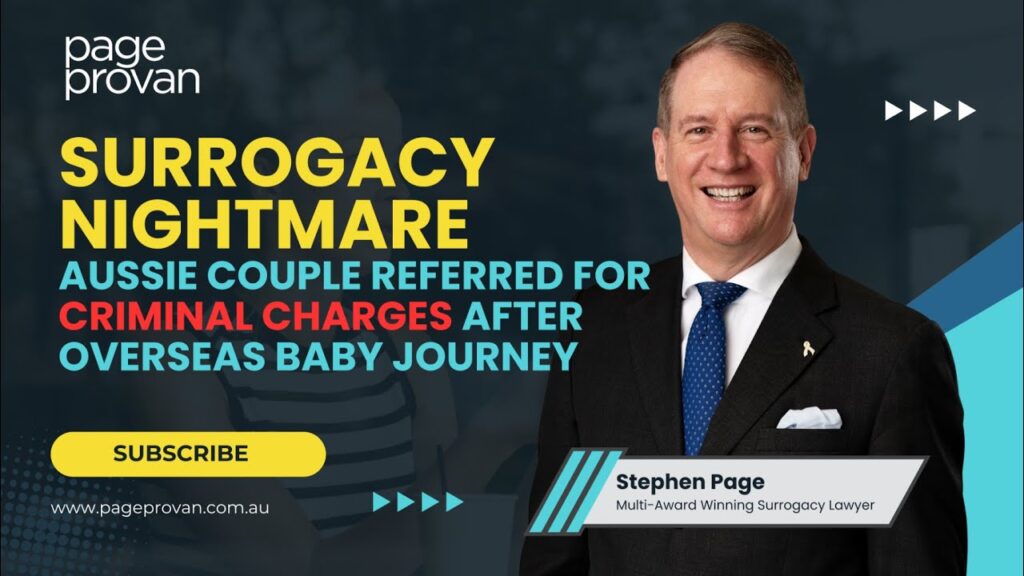Federal Magistrates Court case: relocation principles
In the recent Federal Magistrates Court case of Robson and Johns, Federal Magistrate Coakes in an interim decision, allowed a mother who had moved unilaterally from the NSW Central Coast to near Port Macquarie to remain there.
The court summarised some principles about relocation cases (with the citations removed):
Case law before the introduction of the Family Law Amendment (Shared Parental Responsibility) Act 2006 which came into effect on
1 July 2006 establishes a number of principles to be applied in determining parenting applications where one parent wishes to relocate the child’s place of residence. In my view these principles are also applicable to interim parenting cases involving relocation. These principles include the following:
The best interests of the child are the paramount but not the sole consideration.
The applicant is not required to demonstrate ‘compelling reasons’ for the proposed relocation.A Court must evaluate and weigh the competing proposals of the parties against the relevant provisions of the Act and may, subject to procedural fairness considerations, formulate its own proposals in the best interests of the child.
The evaluation of the competing proposals is to be undertaken as part of the overall determination of the issue where the child or children should live – the relocation issue is not a separate issue.That the objects and principles in s.60B (as it then was) informed or guided a Court in applying the criteria relevant to ‘best interests’ (then determined having regard to s.68F(2) factors.
A Court will take into account a parent’s right of freedom of movement, but that right must defer if the welfare of a child would be adversely affected.
In the case of Morgan v Miles [2007] Her Honour Justice Boland sitting as the Full Court of the Family Court considered the effect upon interim parenting cases involving a relocation, and the principles to be applied, after the introduction of the Family Law Amendment (Shared Parental Responsibility) Act 2006. Her Honour at paragraphs 80 and 81 said this:
[80] “It follows from my exposition of the legislation, that earlier core principles:
that the child’s best interests remain the paramount but not sole consideration;
that a parent wishing to move does not need to demonstrate “compelling” reasons;
that a judicial officer must consider all proposals, and my himself or herself be required to formulate proposals in the child’s best interest; and
the child’s best interests must be weighed and balanced with the “right” of the proposed relocating parent’s freedom of movement,
remain valid.[81] What the legislation now requires is:
consideration of the competing proposals against the criteria now in s 60CC informed by s 60B;if a parenting order is made (or proposed to be made) and the presumption of equal shared parental responsibility applies the consequences of an order for equal shared parental responsibility.
But there is not specific legislative requirement which proscribes a requirement that matters under s 60CC or s 65DAA be determine in any priority. It appears to me, however, as a matter of practical utility, that the structured exercise can be effectively carried out by examining the issues in dispute against the relevant s.60CC factors, and then applying those findings to a consideration of the criteria of s 65DAA to craft appropriate orders.”












